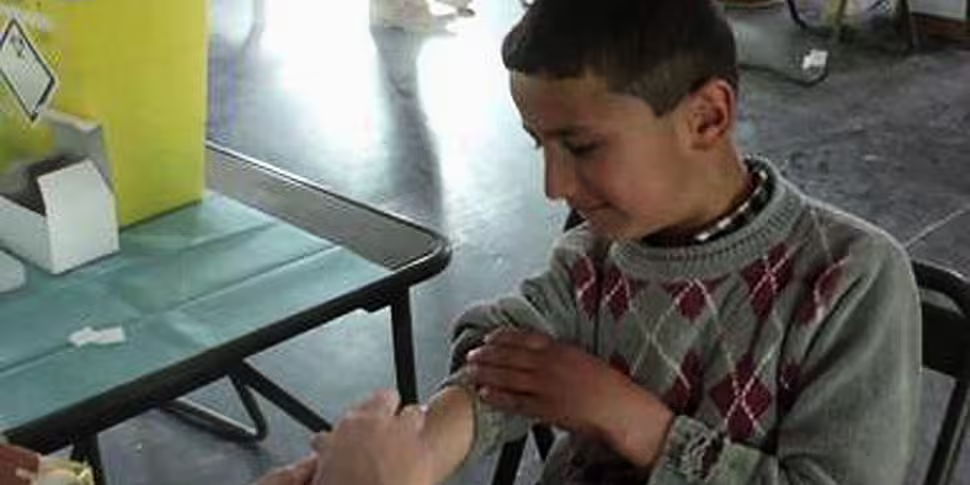Health has topped a list of concerns of Irish young people in a UNICEF poll measuring their priorities for children across the world.
The full results of the survey will be announced at a Youth Summit in Dublin Castle today, where coloured balloons will be released as a symbol of wishes for a better world for young people.
Children's Minister James Reilly will open the event, which comes ahead of a United Nations General Assembly in New York - where leaders will agree on the next set of Millennium Development Goals.
It comes after a new report from UNESCO found that education and health are linked in terms of a child's well-being.
The 'Sustainable Development' report says that between 1990 and 2012, the number of deaths of children under 5 fell from 12.6 to 6.6 million, of which 6.1 million were in low and lower middle income countries.
It finds that maternal education accounts for half of all lives saved through lower child mortality rates, while economic growth accounts for less than a tenth.
"To eliminate preventable child deaths by 2030 urgent action is needed, and education must be part of it," the document says.
"If all women in low and lower middle income countries completed secondary education, the under-5 mortality rate would fall by 49% - an annual saving of three million lives."
"Educated mothers are more likely to give birth with the help of a midwife or other skilled birth attendant. Around 40% of all under-5 deaths occur within the first 28 days of life, the majority being due to complications during delivery," it adds.
The link with education continues as the report finds it enables those in paid formal employment to earn higher wages.
"Better-educated individuals in wage employment are paid more to reward them for their higher productivity. On average, one year of education is associated with a 10% increase in wage earnings."
It adds that education also helps protect working men and women from exploitation - by increasing their opportunities for secure contracts.
Peter Power, executive director of UNICEF Ireland, says the message from Irish young people is clear.









